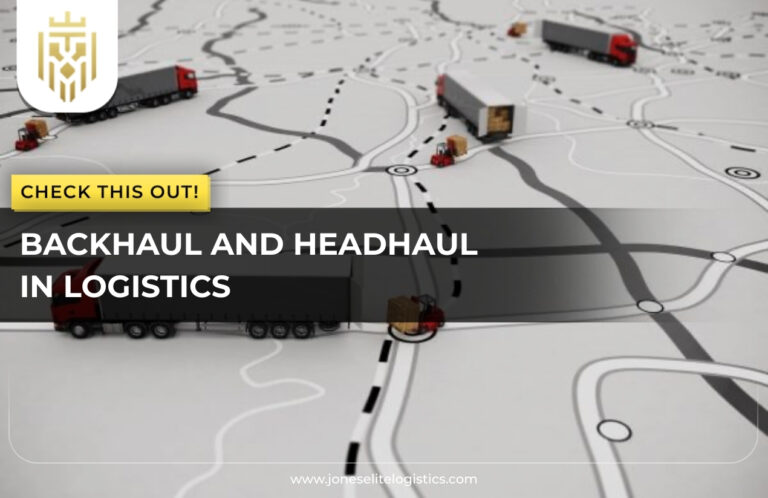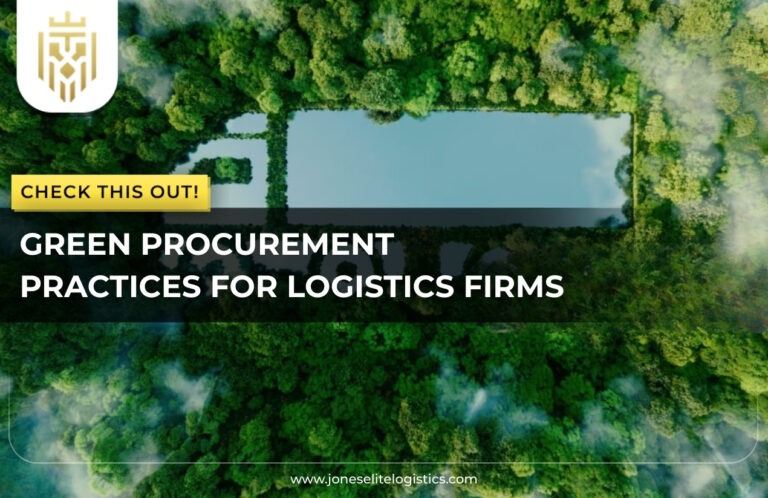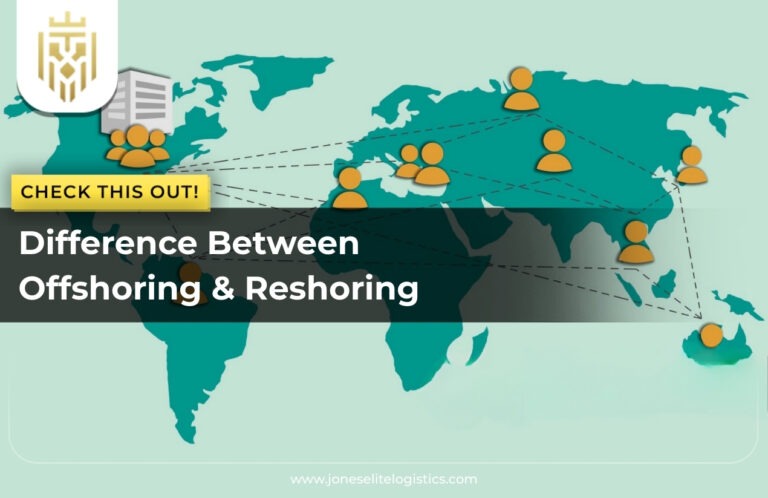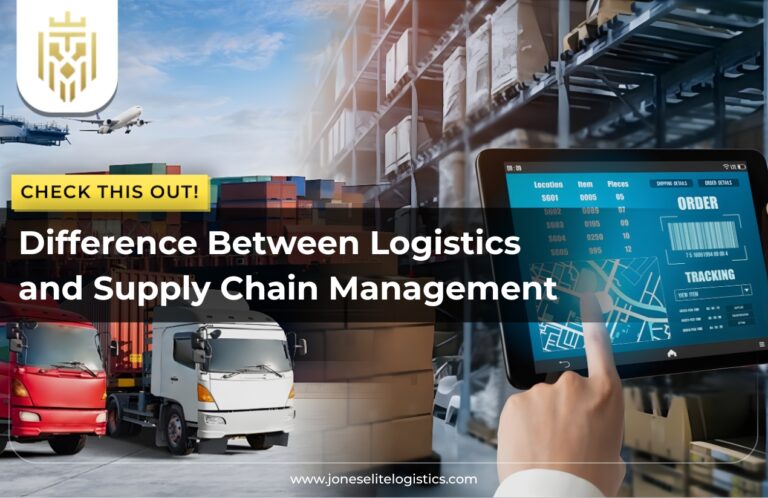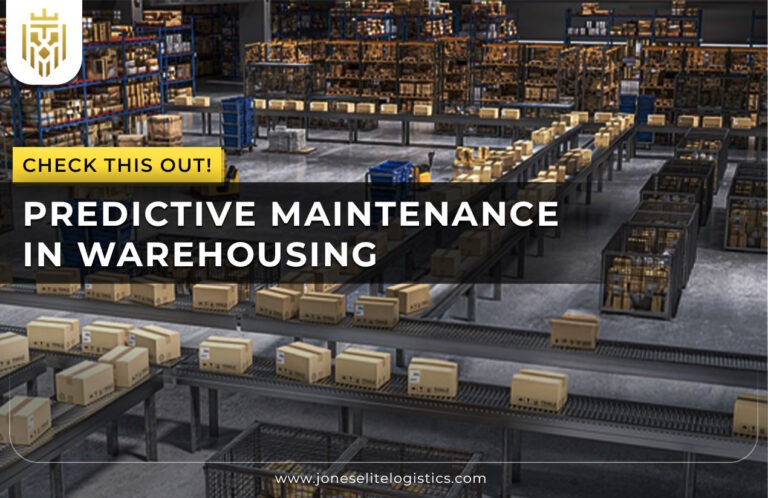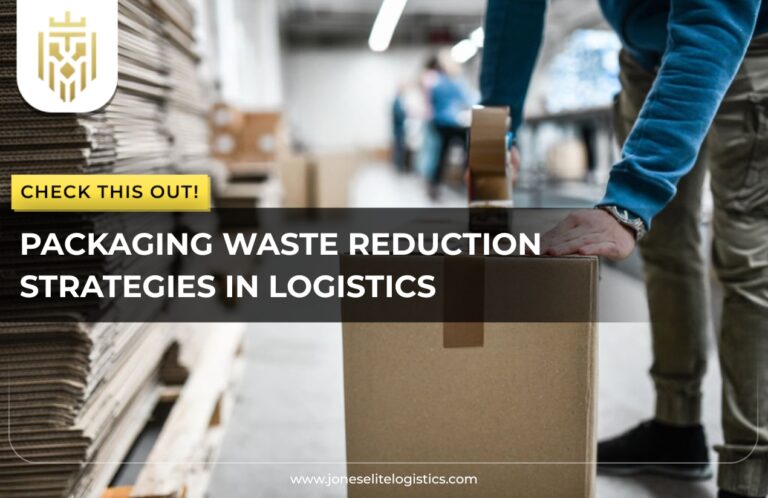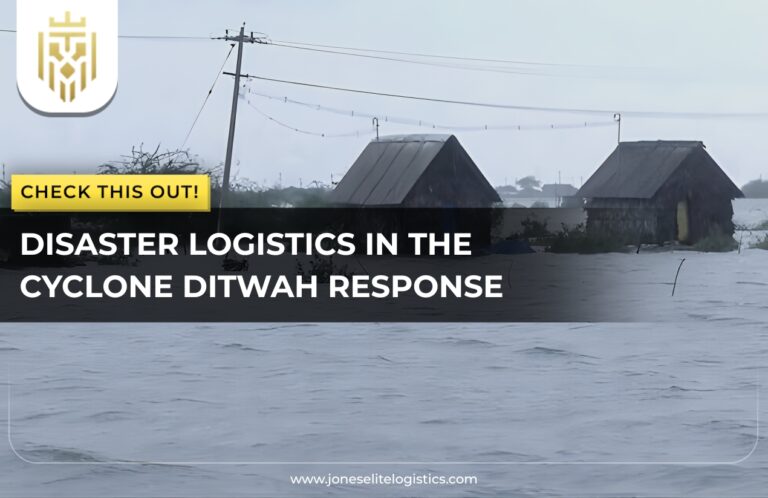What is Cross-Border Logistics?
Cross-border logistics is a specialized sector within the logistics industry that focuses on the movement of goods and services across national borders. It includes several critical components such as transportation, documentation, customs clearance, and compliance with international regulations. Managing cross-border shipping effectively requires deep coordination between multiple stakeholders to ensure smooth delivery, which is crucial for the success of cross-border ecommerce globally.

Differences Between Cross-Border Logistics and Localized Shipping:
Cross-border logistics differs significantly from localized shipping due to key factors like fulfilment locations, delivery times, taxes, and overall costs. While localized shipping typically serves nearby customers, cross-border logistics management utilizes central warehouses and hybrid fulfilment models to cater to global markets. Cross-border ecommerce logistics often faces longer shipping times due to customs and regulations but can combine both local and global distribution channels to optimize efficiency.
How does Cross-Border Logistics help E-Commerce Business?
Cross-border logistics benefits e-commerce by lowering shipping costs through closer warehouse locations and enhanced tracking capabilities that improve overall customer satisfaction. Express cross-border logistics is a game changer for e-commerce businesses, offering faster delivery through air or courier services. By reducing customs duties and minimizing damage during transit, cross-border logistics supports cross-border ecommerce growth, enabling businesses to deliver to international markets more efficiently and reliably.
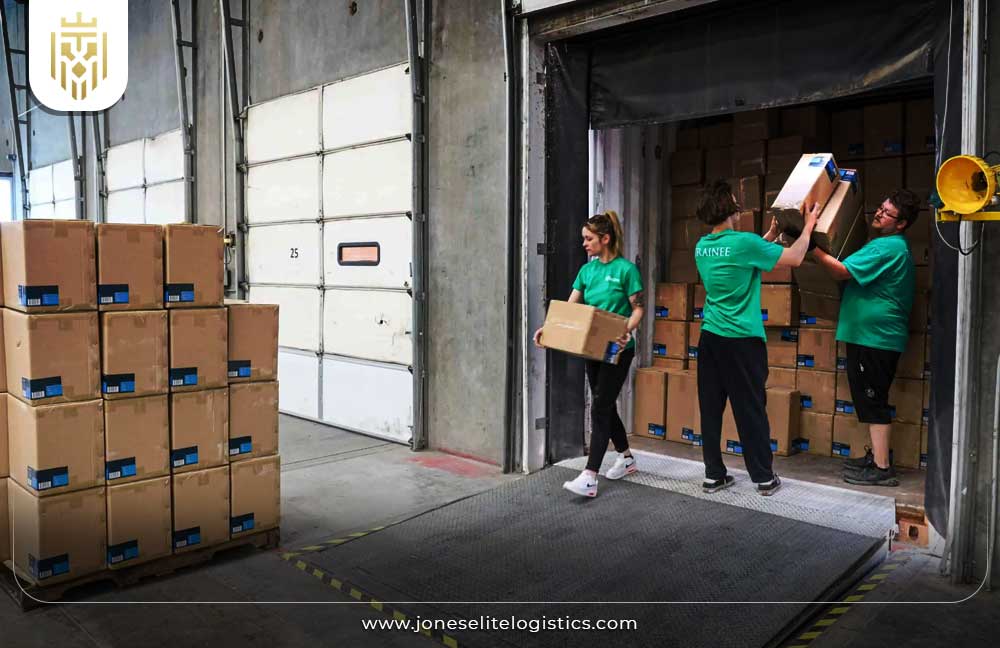
Types of Cross-Border Freight Shipping:
Cross-border freight shipping includes in the major modes of transportation – road, rail, air, and water – as it varies depending on the locations of both sender and receiver and the goods to be transported.
Courier Freight:
Courier freight is the best option for small and time-sensitive shipments, making it popular among e-commerce businesses. It ensures quick delivery, doorstep service, and comprehensive tracking, allowing companies to maintain high standards of service for cross-border ecommerce logistics.
Air Freight:
Air freight offers the fastest and most secure way to ship high-value, time-sensitive goods such as electronics or pharmaceuticals. Although it is the most expensive mode of transport, it is ideal for cross-border shipping where speed and security are essential for international trade.
Multimodal Freight:
Multimodal freight combines different transportation modes like road, rail, sea, and air, providing greater flexibility in handling long-distance cross-border logistics. This method is commonly used to optimize costs and improve delivery efficiency across different regions and countries.
Rail Freight:
Rail freight is a safe, eco-friendly option for transporting goods across borders over long distances. It’s increasingly becoming popular in cross-border logistics due to its reliability, sustainability, and lower risk of accidents or delays.
Challenges of Cross-Border Logistics:
The nature of cross-border logistics acts as a complex maze to navigate through with its set of challenges, such as custom regulations, return processes, and border security concerns, to be crossed over.
Custom Regulations:
One of the major challenges in cross-border logistics is navigating complex customs regulations, which vary from country to country. Businesses need to ensure compliance with local laws and use automated solutions for seamless processing of cross-border shipping to save costs and time during customs clearance.
Return Processes:
Managing returns in cross-border ecommerce can be complicated by varying duties and tax structures. Partnering with experienced logistics providers helps businesses streamline their return processes, ensuring a smooth customer experience and efficient cross-border logistics management.
Border Security Concerns:
Security concerns such as theft and unauthorized access pose significant risks to cross-border shipping. Businesses must invest in secure handling and monitoring systems to protect shipments and maintain the integrity of international trade.

Transportation Delays and Costs:
Delays in cross-border transport can disrupt delivery schedules and raise costs. Implementing real-time tracking technologies helps mitigate these issues, allowing companies to monitor shipments closely and avoid unnecessary delays in cross-border logistics operations.
FAQs
1) What is Cross-Border Logistics?
Cross-border logistics is a specialized sector within the logistics industry focused on moving goods and services across national borders. It involves transportation, documentation, customs clearance, and adhering to international regulations, ensuring smooth and efficient global trade.
2) What is the Difference Between Cross-Border Logistics Vs Localized Shipping?
Cross-border logistics differs from localized shipping due to factors like fulfilment locations, delivery times, taxes, and costs. Central warehouses and hybrid fulfilment models support global markets, with cross-border e-commerce facing longer shipping times due to customs and regulations.
3) What are the Types of Cross-Border Freight Shipping?
Courier freight is ideal for small, time-sensitive shipments, while air freight offers fast, secure transport for high-value goods. Multimodal freight optimizes cost by combining transport modes, and rail freight provides eco-friendly, long-distance cross-border logistics.
4) What are the Challenges of Cross-Border Logistics?
Cross-border logistics faces challenges like navigating complex customs regulations, managing return processes with varying duties, and addressing security risks. Real-time tracking and secure monitoring systems help minimize transportation delays and ensure shipment protection.

